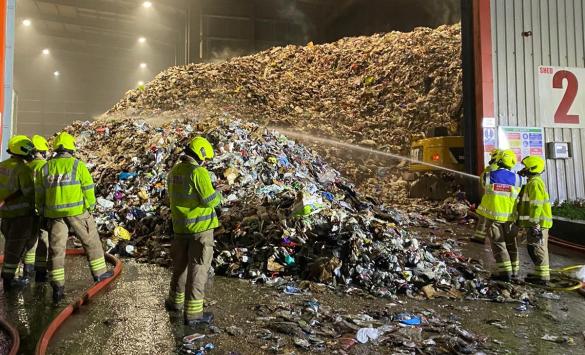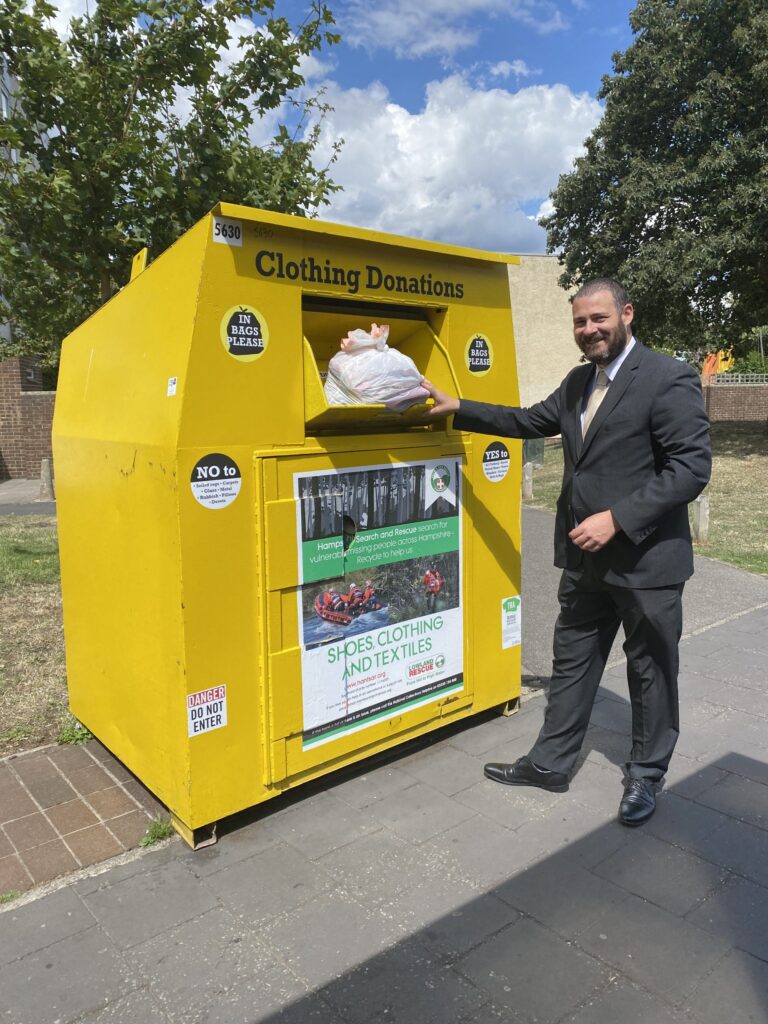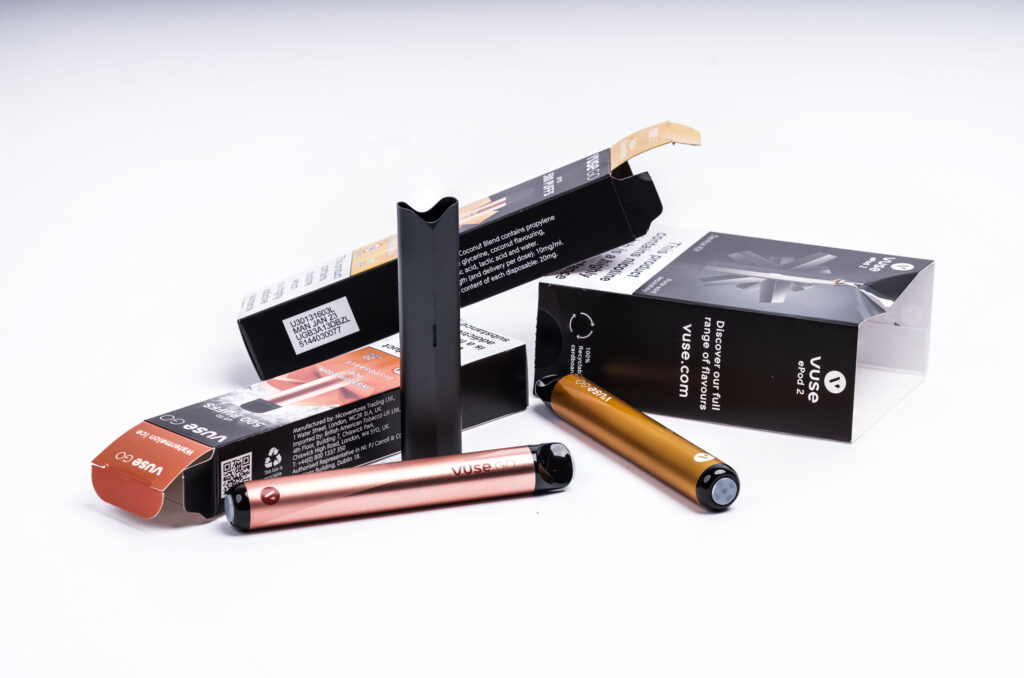WRAP will work towards achieving three headline targets in the three-year period covered by what is its fourth business plan. They are: diverting eight million tonnes of waste from landfill: saving five million tonnes of CO2 emissions: and delivering £1.1 billion of economic impacts for business, councils and consumers through £850 million of cost savings and £280 million in increased turnover for recycling companies.
I am convinced that for WRAP to have maximum impact we have to be as focussed as possible, so in this new Business Plan, we have boiled it down to just three headline targets
Liz Goodwin, WRAP
Speaking at the launch of the Plan today, at the CIWM exhibition in torbay, WRAP chief executive Liz Goodwin said: “In all our previous business plans each programme had its own objectives and targets, over the years that added up to an awful lots of targets.
“I am convinced that for WRAP to have maximum impact we have to be as focused as possible, so in this new Business Plan, we have boiled it down to just three headline targets. Everyone's work at WRAP will contribute to those targets, if it doesn't then we will stop doing it.”
The targets are underpinned by a commitment to behavioural change, with a target of increasing the number of 'committed recyclers” in the UK from a current level of 61% to 70% by 2011 via its Recycle Now campaign.
However, the business plan acknowledges that this may be hampered by WRAP's reduced budget, with Defra cutting its funding for the body by 30% for the current financial year (see letsrecycle.com story).
It states: “A reduced budget means that we will not be able to carry out national TV advertising in the first year of the Plan. This inevitably means there is a risk that awareness levels may drop.
“Our challenge in this next period will be to cement the success of the campaign so far, by using the reduced budget in a targeted way, working closely with our local authority partners who are vital to the provision of a good recycling service,” it adds.
Speaking to letsrecycle.com today, Ms Goodwin remained confident about WRAP's ability to deliver its programmes after the funding cuts.
She said: “Because it was a large figure we were looking at, I stood back and thought about how we could best use the money rather than about what we would cut. When you look at it in that way, it was very easy, I'm pleased we still have a substantial amount of money.”
And, speaking yesterday at CIWM, Defra's head of waste strategy, Daniel Instone, described the cuts as “painful” but adds that WRAP “has got enough of the discipline to make sure its priorities are aligned with ours”.
Priority Areas
To achieve its targets, the business plan identifies four priority areas of activity; collections systems, the quality of materials, food waste and packaging.
In terms of collection systems, it warns that “with regard to systems – what can and cannot be recycled, and when – some members of the public are confused, while others do not get the service they may wish for”.
As a result, it plans to work with local authorities to ensure they have “a customer service approach, with good communications and systems that are clear and easy to use”.
While WRAP's research has concluded that source-seperated collections provide better quality materials for reprocessors than commingled collections, the business plan acknowledges local authorities' favouring of the latter method.
It therefore says: “On the basis that a variety of systems will continue to be used, we will continue to give priority to our work to establish good practice in the sorting of commingled materials, with a view to continuously improving the quality of materials provided to the market.”
Food waste was a priority within the last WRAP business plan, published in 2006 (see letsrecycle.com story), and that remains the case in the new document.
In particular it plans to increase composting capacity and aid the development of alternative treatment options, like anaerobic digestion, which will continue to benefit from grants and technical advice provided by the WRAP Organics programme.
Last week WRAP unveiled plans to help develop 500,000 tonnes of mixed plastics reprocessing capacity in the UK by 2018 (see letsrecycle.com story), and its activities relating to packaging will see an emphasis on mixed plastics.
Budget allocations
WRAP's budget for 2008-09, following the Defra funding cuts, is set at £62 million, but it is projected to fall to £60.5 million for the next two years, a decline that will come from a £1.5 million drop in its funding from the Scottish Government, Welsh Assembly Government and the Northern Ireland Executive.
However, this will be matched by a £1.5 million drop in its spending on capital grant programmes for Scotland and Wales.
The allocation of WRAP's budget to its other programme activities sees a significant fall in the amount of money available for its work with local authorities, down from £12.5 million this year, to £10.5 million in 2009-10 and £9.5 million in 2010-11.
At the same time, its Organics programme will see its budget allocation increase from its current level of £6.4 million to £8.3 million next year and to £10.9 million in 2010-11, perhaps reflecting both the priority given to food waste in the business plan, and the government's support for anaerobic digestion.
Joint-working
The business plan emphasises WRAP's work with other organisations, stating that “for the first time, this plan features joint projects with sister delivery bodies, while more broadly our programme features strong partnerships across a wide range of key sectors”.
Included within this area are the following sectors: agriculture and horticulture; construction; local government; manufacturers and reprocessors; recycling and waste industries; regeneration and landscaping; retailers, brands and their supply chain; small and medium enterprises; and, the third sector.
In particular it highlights its plans to work with Envirowise to reduce the amount of waste sent to landfill by the construction industry by 50% before 2012, a target of the 2007 Waste Strategy.
And it also explains that WRAP will continue to work closely with organisations such as the Local Government Association and the Audit Commission to continue to deliver its services for local authorities.
However, the Plan also confirms that its home composing service will undergo major changes, explaining that: “During the course of this Business Plan period, the emphasis of this service will switch to one where central support from Government comes to an end, and the service becomes chargeable by WRAP to participating local authorities.”
With regards manufacturers and reprocessors, the plan calls for a “renewed focus” on materials, products and markets, with eight key workstreams which are: container glass, recovered paper fibre, plastic bottles, mixed plastics, waste protocols, MRFs, electrical products and industrial products.
And it outlines proposals to expand the work of the Courtauld Commitment and 'Love Food Hate Waste' campaign from focussing on major retailers to also encouraging major brands and DIY chains, and their supply chains, to reduce the impact of packaging and food waste.
Alongside WRAP's Business Plan, a similar document has been published for Scotland, which seeks to reflect the new Scottish government's plans for a 'Zero Waste Scotland', and it also pledges to continue to work on targets for Wales and Northern Ireland.
The document says: “In this Business Plan period, WRAP's approach to working with the Devolved Governments will reflect more closely the differing needs of each nation, whilst retaining the best aspects of UK-wide working on the issues that best lend themselves to that approach.”










Subscribe for free